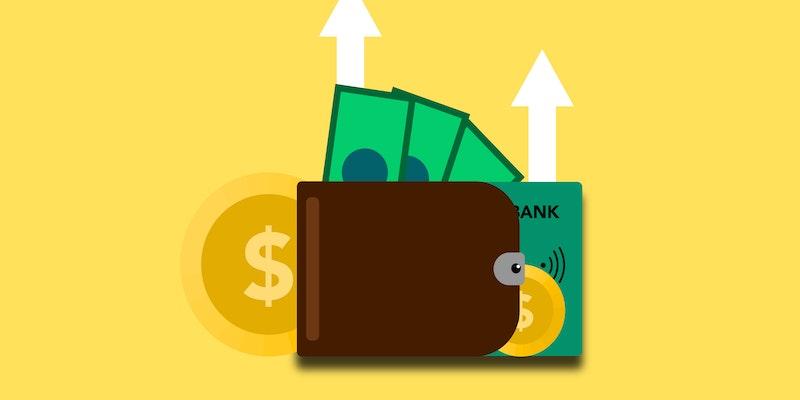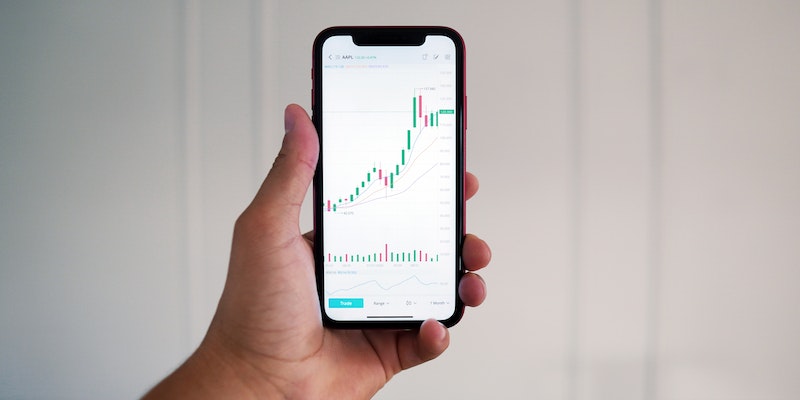Most Reliable Investment Options
Triston Martin
Oct 25, 2023
Financial security is a primary concern for most individuals, especially when considering where to invest their hard-earned money. With economic uncertainties looming, many people lean towards investments that offer minimal risk, even if that means sacrificing potentially higher returns. This article outlines some of the safest investment options for newcomers and experienced investors.
What Are Safe Investments?
Safe investments, often termed low-risk, offer minimal chances of losing the principal amount invested. They are usually preferred by individuals who prioritize preserving their capital over high returns. However, it's essential to remember that the term “safe” is relative in finance. Every investment carries some level of risk.
U.S. Treasury Instruments
When discussing trustworthiness in the investment arena, U.S. Treasury Instruments stand tall. Supporting countless investment portfolios, reflecting investors' trust in the U.S. government's commitment. Serving as the government's IOU, these instruments showcase the unwavering financial strength of the U.S.
Most U.S. Treasury Instruments are Bills, Notes, and Bonds, representing government debt. Investors lend money to the government by buying one. The government agrees to repay the loan with interest over time.
Treasury Bills
Investors seeking short-term investment avenues find Treasury Bills appealing. These bills don't pay out regular interest, with maturity periods ranging from a few weeks to a year. Instead, investors buy them at a discount. When these bills mature, the U.S. government pays the total face value, translating to a profit for the holder.
Treasury Notes and Bonds
A longer commitment often results in higher rewards. Treasury Notes and Bonds affirm this investment principle. They offer fixed interest payouts every six months, ensuring consistent returns for investors. The core difference lies in their maturity periods. Bonds tend to have extended periods, sometimes up to 30 years, giving them the edge in potential returns due to the prolonged engagement.
Series I Savings Bonds
The fluctuating market dynamics, particularly inflation, often keep investors on their toes. Series I Savings Bonds stand out as a safe investment adjusting to these changes. They not only assure investors a fixed return but also provide an added layer that mirrors inflation rates, ensuring that the actual value of the investment doesn't diminish over time.
At its core, the Series I Savings Bond offers dual interest rates. One remains fixed for the bond's life, and the other adjusts according to the prevailing inflation rate. This combination assures that the bond's growth always stays ahead of inflation. When investors decide to cash out, they'll find their money has grown, untouched by inflation's eroding effects. Moreover, the bonds carry tax benefits, as local and state taxes don't touch the interest earned.
Treasury Inflation-Protected (TIPS)
Inflation can be an investor's worst enemy, quietly eating away at the purchasing power of hard-earned savings. Treasury Inflation-Protected Securities, popularly known as TIPS, serve as a shield against this invisible foe. They are designed to rise with inflation, ensuring investments grow realistically.
Every TIPS has a principal value that moves in tandem with inflation. When inflation goes up, so does the value of TIPS. And as the value increases, the fixed interest it offers grows too. As a result, investors receive a more significant interest amount. Available in varying durations, from five to 30 years, these securities provide flexibility while assuring safety from inflation.
Fixed Annuities
Fixed annuities stand as a testament to the beauty of predictability. When the market sways and interest rates fluctuate, fixed annuities offer a calming presence with their assured returns. These financial products, primarily provided by insurance companies, promise a specified interest rate over the annuity's lifespan.

High-Yield Savings Account
When discussing where to park money you might need soon; high-yield savings accounts often top the list. These accounts, offered by banks and credit unions, come with the safety of being federally insured up to a specific limit. They're an ideal choice if you're looking for somewhere to stash a significant amount for a big purchase or an emergency fund.
High-yield savings accounts stand out in the fluctuating financial landscape due to their simplicity. You deposit money, and you earn interest. The rate you earn typically trumps traditional savings accounts, making them a favored safe investment.
While you might not get rich off the interest from a high-yield savings account, the key advantage here is liquidity. You can withdraw or transfer money without hassle, usually with minimal fees or restrictions. This combination of decent returns and high liquidity makes them a go-to for those looking for short-term, safe investments for seniors or anyone keen on preserving their capital.
Certificates of Deposit
Banks offer CDs as time deposits. You lend money to the bank for a set time, and it pays interest. The catch? The bank holds your money until the CD matures.
CDs are appealing because you know what safe stocks to invest in you're getting. Opening the CD sets the interest rate, which won't change. If you're wary of the fluctuating market rates, CDs offer the stability you might be after. They're often considered a step up from a savings account in terms of the interest rate, especially with longer-term CDs. But there's a trade-off: liquidity. If you foresee needing the funds before the CD matures, think twice. Early withdrawal usually incurs penalties, which could affect your interest earnings or the principal.
CDs could be the ticket for those who've done their homework on safe stocks to invest in and want something less volatile. They're predictable, simple, and can be tailored to your financial timeline.
Money Market Mutual Funds
Money Market Mutual Funds (MMMFs) are investment vehicles that pool funds from many investors to purchase short-term, high-quality securities. Think of treasury bills, commercial paper, or government securities. They're designed for people who want a place to park their money and earn some interest but need more flexibility than a CD offers.
The value proposition with MMMFs is the blend of safety and accessibility. They help investors who want a safe investment but easy access to their money. In addition, they often yield higher returns than savings accounts.
But there's a caveat: unlike CDs or high-yield savings accounts, MMMFs are not insured by the FDIC. However, their investment in high-quality securities makes them a relatively safe choice. For folks after the perfect blend of yield and liquidity, especially safe investments for seniors, MMMFs often fit the bill.
Corporate Bonds from Established Companies
Buy a corporate bond to lend money to a company. The company promises to pay interest and return the bond's face value when it matures. Corporate bonds can be an attractive middle ground between the higher risk of stocks and the lower yields of government bonds.
Notably, not all corporate bonds are created equal. Those from well-established companies with robust financial health are typically viewed as safer bets. These corporations have a proven track record of generating revenue and managing their debts, crediting their promise of repaying bondholders.

Stocks with a Track Record
While investing in stocks is generally risky, certain stocks have historically shown stability. Stocks from companies that have consistently paid dividends, such as the dividend aristocrats, can be considered a safe investment. These companies indicate financial health and reliability through their sustained dividend payments.







